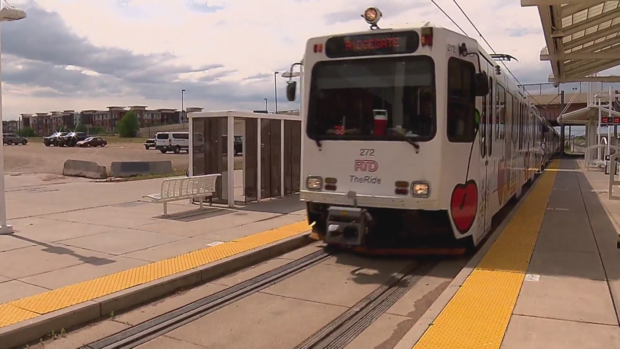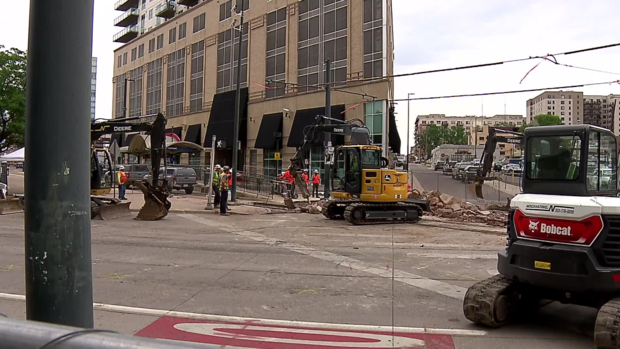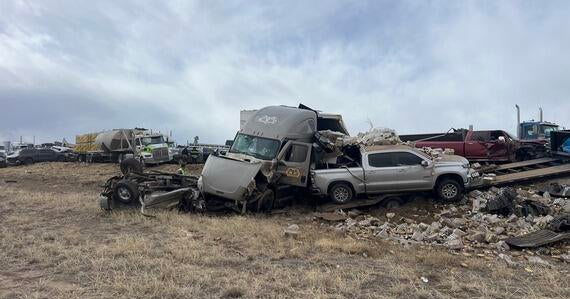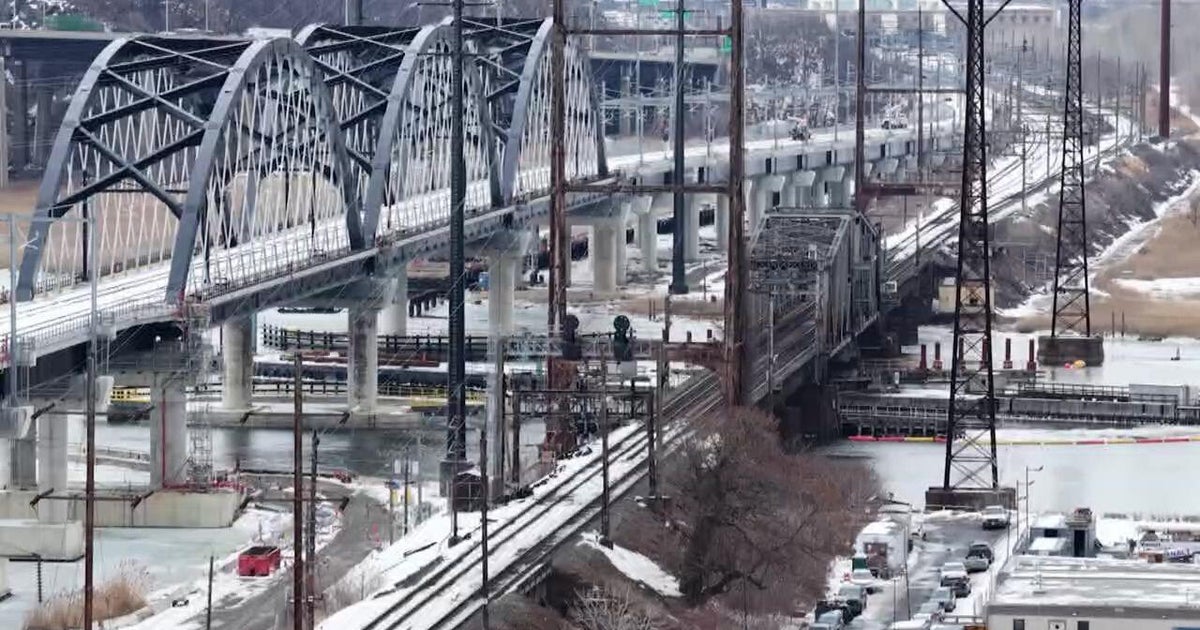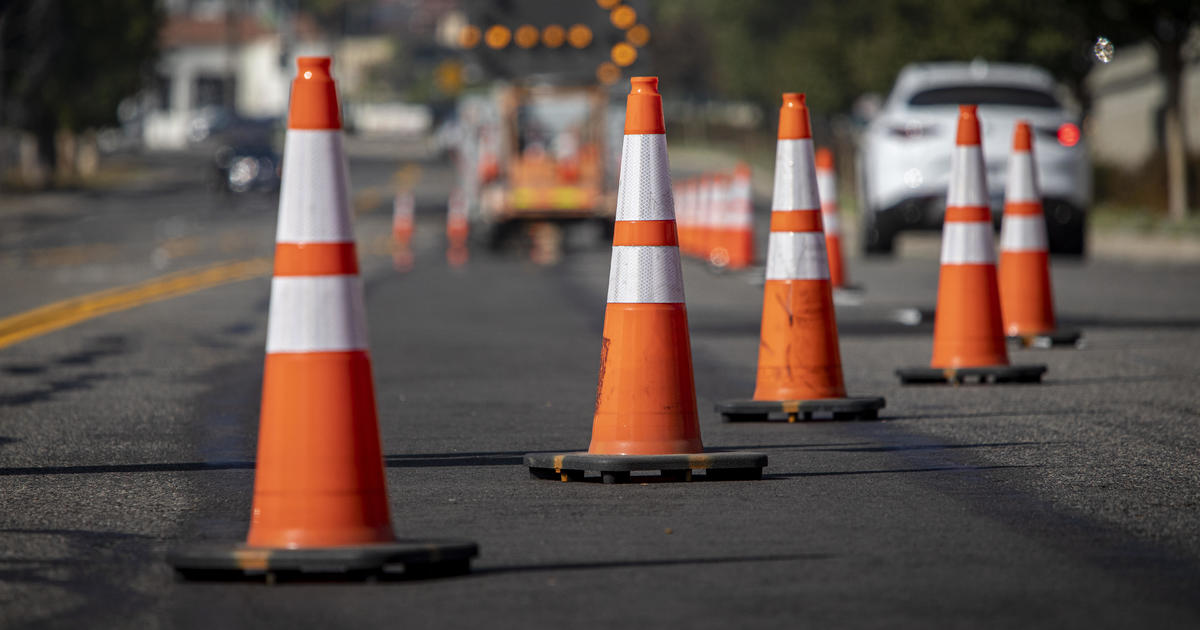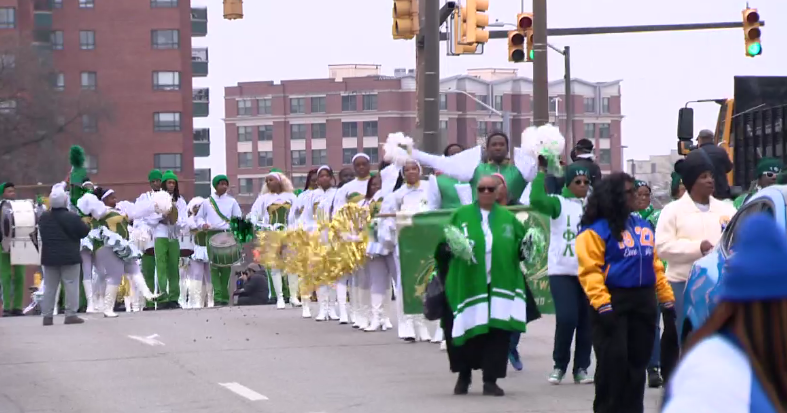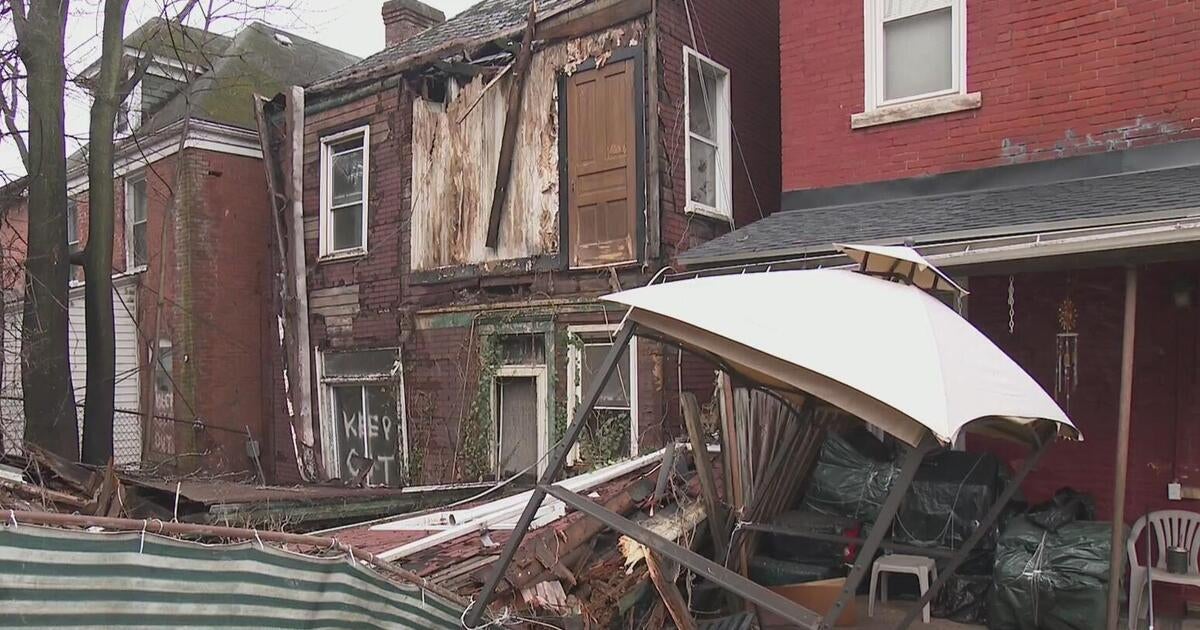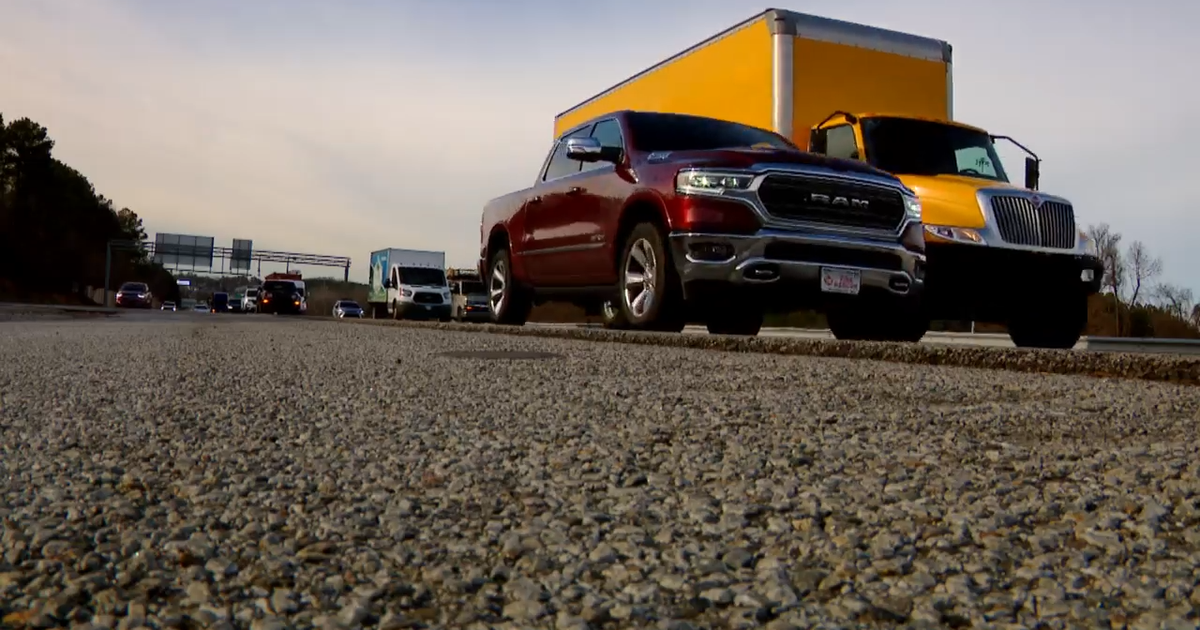RTD faces scrutiny from state regulators because of slow trains and "significant disruption"
10 miles per hour speed restrictions and longer travel times for RTD light rail users are causing significant frustrations for commuters traveling to and from the south Denver metro area.
RTD says the slowdowns are due to "rail burns" and maintenance, along with other projects. Meanwhile, it has led to a push for more transparency from RTD on multiple fronts.
Now, safety regulators with Colorado's Public Utilities Commission are intensifying their scrutiny of RTD, as is a local organization.
PUC state regulators sent a letter to RTD last week, requesting information such as safety inspection results, schedules for completing inspections, and progress on repairs. This comes after the PUC claims RTD didn't notify the commission about issues and slowdowns on the lines in the southeast corridor.
"Effective safety and asset management strategies would have prevented the need for these emergency actions and the significant disruption to the many Coloradans who depend on RTD light rail service," the letter from PUC read.
The advocacy organization Greater Denver Transit is also calling for more "decisive action" from management within RTD.
The organization is asking RTD to be more transparent regarding maintenance work as well as posting updated schedules.
The concerns are about the E, H, and R lines, which primarily impact commuters heading south of Denver.
Slowdown zones are being enforced on large sections of two of those lines, reducing speeds for light rails to 10 miles per hour, resulting in long delays.
"What the slow zones have done is completely broken the schedule they put in place," said Richard Bamber, the co-founder of Greater Denver Transit. He added the lines have no chance of staying on schedule. "It's made the system very, very difficult and frustrating to use," said Bamber.
Last week, Dave Jensen, the assistant general manager of RTD, said what has caused the slowdowns is a defect in the rails called "rail burns."
"The track is completely safe right now. The concern from a safety standpoint is that the rail burns, over time, could develop a crack, and then over time, that crack turns into a break," said Jensen.
Jensen mentioned RTD began minor repairs last week, with more major repairs starting this week.
"It's not without its challenges. We understand the reality of it, but what we're doing is we're working intensely to make this a better system, and that takes maintenance," said Jensen.
Bamber said several major projects are also making the light rail system hard to use.
Train lines through downtown Denver are out of commission for reconstruction through most of the summer, and possibly even longer.
The commuter-heavy E, H, and R lines, which stretch from downtown Denver south through the Tech Center area, are also under maintenance.
Bamber said RTD needs to do a better job of relaying updates and information to riders.
"We need them to put out schedules that actually work, that the operators can actually adhere to," said Bamber.
Jensen said that rewriting the rail line schedule would likely not be effective, because by the time that would be complete, they would likely start reducing speed restrictions.
In the letter, the PUC said they weren't notified of the findings along the southeast corridor and were not notified about the slow zone order. The PUC also wants RTD to increase transparency with the community.
The slowdowns have forced riders like Rashid to run late.
"I was running a little behind. I had to just call the people I'm going to interview and let them know what the situation was," said Rashid.
He's now hoping he, too, can get regularly updated information from RTD.
"Hopefully they can get it together, whatever they have to do for the trains to get on time. Maybe inform the people a little more, so people can be on time and do what they have to do," said Rashid.
In a statement, RTD also said riders can expect progress reports at the end of the week. The statement went on to say: "RTD wants to emphasize that speed restrictions will be lifted as repairs are made, meaning that slowdown zones will be shortened as work in track segments is completed."
Jensen said RTD hopes to make significant progress and improvements by September.

